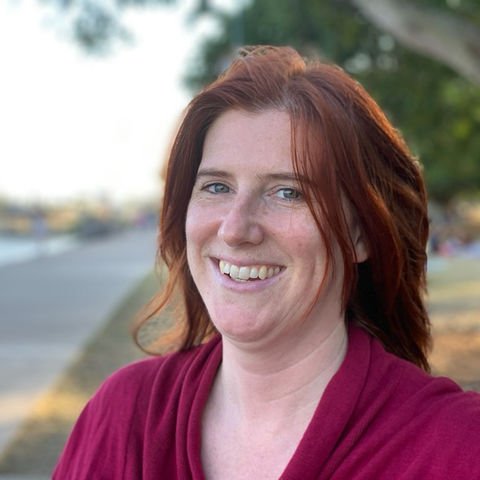
Clarity in EMDR Case Conceptualisation & Preparation for Complex Trauma

Training Overview
The most common questions we hear asked by EMDR therapists working with complex trauma clients are:
Is my client ready for memory reprocessing?
If so, where to start reprocessing? And,
How do I reprocess this memory, with what protocol?
In this two-day workshop, Sarah and Catherine present a framework for case conceptualisation, preparation, and treatment planning for complex trauma presentations that can be used across the life span. The Case Conceptualisation Preparation Framework is a capacity based transdiagnostic, integrative framework for complex trauma presentations, that includes:
Assessment of clients’ integrative capacity, and autonomic flexibility from a transdiagnostic adaptive information processing perspective that draws on theory, knowledge, and skills from therapies to treat dissociation.
Skills to understand and regulate the body and nervous system throughout all phases of EMDR.
The development of attachment & relational capacities that are foundational elements of healing interpersonal trauma across the life span.
In the workshop, Sarah and Catherine aim to provide:
A review of clinical literature and reflections on EMDR therapy and the need for stabilisation/preparation for safe and effective trauma memory reprocessing.
The theoretical underpinnings of the case conceptualisation and preparation framework
Clinical case examples to illustrate the application of the framework.
A space to practice practical skills focused on the application of the case conceptualisation framework for complex trauma across the life span.
Learning Objectives are that participants will:
Learn a framework for case conceptualisation that is capacity based, transdiagnostic, and incorporates: AIP; integrative capacity in both the mind (i.e. memory, self-concept and dissociation) and body (i.e. the nervous system and its regulation); and relational capacities required to regulate the self and coregulate with others.
Develop a method to distinguish between clinical presentations where EMDR memory reprocessing (standard or contained), may be appropriate in the first few sessions, versus when extended preparation is more advisable.
Confidently, consciously, and collaboratively plan treatment with clients with complex, comorbid presentations across the lifespan.
Prerequisite: EMDR Therapy level 1 training.
Meet the Presenters
-
Sarah Schubert is a clinical psychologist who specialises in the treatment of trauma and the comorbidities this brings across the lifespan. Sarah is published in the area of EMDR and trauma therapy, and she has contributed to the International Society of Traumatic Stress Studies (ISTSS, 2020) international guidelines on PTSD. Sarah is an editor for the Oxford Handbook of EMDR Therapy, editor for the Journal of EMDR Practice and Research, a contributing author to the EMDR textbook (Shapiro, 2018), an accredited EMDR trainer and consultant, and is involved in training other therapists and mental health professionals in the area of child, adolescent, and adult treatment for trauma and PTSD. Sarah values flexibility and groundedness in theoretical knowledge in her approach to healing. She innovatively integrates mind, brain, and body therapeutic approaches with authenticity and compassion.
-
Catherine is a clinical psychologist with a passion for helping people to achieve wellbeing by harnessing the brain’s healing potential. Catherine’s current therapeutic work with adults with histories of trauma and adversity is founded on her lifelong interests in the philosophy of consciousness and the neurobiology of social cognition. She works integratively, and draws on therapies whose mechanisms are consistent with brain science. She uses EMDR therapy, embodied mindfulness therapies, Parts Work Therapies, Coherence Therapy, Compassion Focussed Therapy, Schema Therapy and Cognitive Behavioural Therapy in her treatments. She develops her clinical case conceptualisations from a social neurobiology perspective, and avidly follows developments in neuroscience to guide her therapeutic and educational projects.

To Register
-
Mooloolaba, Queensland
Dates: August 26th - 27th 2025
Times: 9am - 5pm
Cost: $670 + GST early bird until June 1st, then $750
Venue: Alex Surf Club - 167 Alexandra Parade, Alexandra Headland
-
Perth, Western Australia
Dates: November 6th = 7th 2025
Times: 9am - 5pm
Cost: $670 + GST early bird until June 1st, then $750


